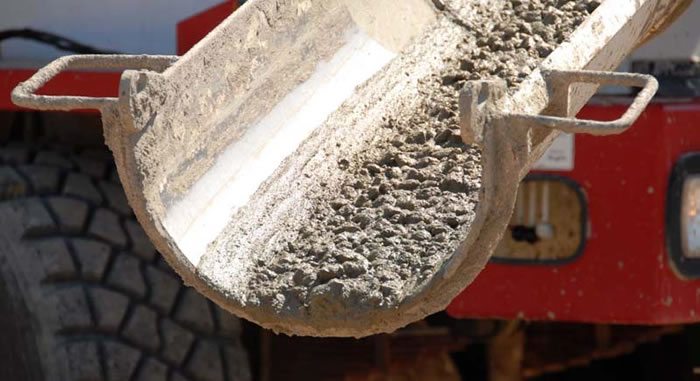
Concrete is in use everywhere, be it a small project or a big one. However, there is a critical difference in the properties of concrete in each of these cases. That difference is shaped by the
type of construction, environment of the place where construction is being carried out, size of construction, availability of water and moisture etc.
Concrete Additives
There are minerals and chemicals that set in a difference in concrete properties. These minerals and chemicals are added conscientiously by the engineers to make the concrete compatible with the
size, type and environment of the construction. These are known as concrete additives, and these additives play a very significant
role in mending the properties of concrete as and when required.
In fact, there are many properties of concrete that need to be modified in accordance with the requirement of a particular project. So, what are those properties? In most cases, the compulsions
of construction necessitate modifying the slump, water requirement, workability, setting time, hardening time, porosity and some other characteristics of concrete. This can be done with the help
of concrete additives.
Types of Additives to Concrete
You do need to mix some additives in order to achieve slight modification in properties of concrete. However, additives themselves are of various types. In fact, additives to concrete can be
broadly divided into two categories – mineral additives and chemical additives. Mineral additives are available in the form of puzzolans whereas chemical additives are manufactured
industrially.
Mineral Additives Types And Usage
Mineral additives are mostly obtained from natural sources as well as from by-products of chemicals reactions. So you can get mineral
additives from silica fume which is a by-product of production of ferrosilicon alloys and silicon metal. In fact, you can get this by-product from the furnace itself.
Apart from silica fumes, you can get mineral concrete additives from volcanic ash. In fact, volcanic ash is rich in puzzolans. Yes, mineral concrete additives are also known as puzzolans since it
is these structures that impart specific property to concrete. Puzzolans are themselves not cementitous, yet in combination with cement and water they turn out to be excellent cementitous
materials.
How Mineral Additives Can Change Concrete
Mineral concrete additives have a very positive role in enhancing the compressive strength of concrete as well as in reducing the permeability of concrete to harmful gases. Gases like chlorides
are harmful for concrete structures since they are in the habit of corroding the iron frame of concrete structures and making the structures weak. Construction projects carried out in the
vicinity of sea or in saline environment are prone to such problems. Mineral additives can help with this since they can bring down the permeability of concrete.
Enhancing the compressive strength of concrete is a major requirement for construction projects that require huge strength such as barrages, large buildings etc. In these cases concrete additives
like various mineral additives can be quite useful.
Chemical additives too are useful if you need to increase the slump of concrete, work in less water, make hardening slower or faster or modify the properties of concrete in any other ways.